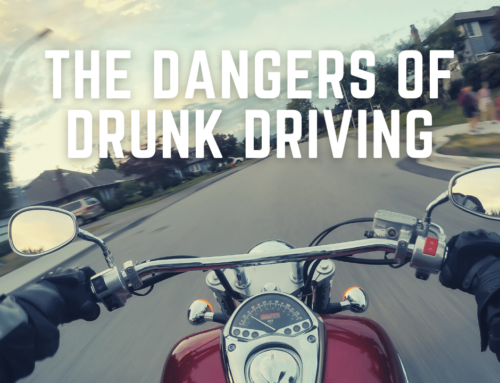An estimated three million people each year in the United States are diagnosed with a whiplash injury. If you suffer from a whiplash-associated disorder as a result of an accident, you may be entitled to collect damages from the party whose careless or reckless conduct caused it.
What is a “whiplash-associated disorder”?
Whiplash is a term that refers to the forces at work when your head and neck snap back and forth suddenly in response to an external force such as being rear-ended by another vehicle or shoved violently without warning. The resulting stiffness, pain, and other symptoms are referred to as whiplash-associated disorders (WAD).
What happens to your body after a whiplash-associated disorder caused by a car accident?
A head that moves suddenly and with great force can injure the neck or cervical spine. The following physical structures throughout the body can be damaged in a whiplash injury:
- Muscles
- Ligaments
- Bones, including cervical vertebrae
- Spinal cord
- Nerve roots
Brain injuries, like concussions and traumatic brain injuries, can also be caused by whiplash-associated disorders. This is because the sudden jerking motion of the head can cause the brain to hit against the skull.
The main force behind whiplash is when the spine is moved past its natural range of motion. Studies have found that when the head and neck experience violent motion, it causes the upper and lower portions of the spine to flex. This results in an S-shape formation as the spine bends and straightens out again. Unfortunately, this also creates a sheering force that leads to WAD (Whiplash Associated Disorder).
The signs and symptoms of whiplash-associated disorders due to car accidents
Some people feel symptoms right away after the accident. For others, it may take days before they notice anything wrong. Everyone responds differently after experiencing a car accident that causes a whiplash injury which is why it is important to always seek medical treatment immediately after experiencing a personal injury. Common symptoms include the following:
- Pain or discomfort in the neck, back or shoulder areas
- Stiffness and difficulty moving the head and neck
- Headaches
- Muscle spasms
- Fatigue
- Memory impairment
- Vertigo
- Numbness or tingling sensations
- Facial pain or discomfort
- Nausea
- Ringing in the ears
The following grades were assigned by a classification system that was developed to grade the severity of an injury based on complaints from victims and physical examinations done by doctors soon after a car accident involving whiplash:
- 0 Grade: A person exhibits no physical signs of injury and voices no complaints of stiffness or pain.
- 1 Grade: A person complains of pain, stiffness, or tenderness in the area of the neck, but doctors performing a physical exam cannot confirm the complaints.
- 2 Grade: Physical examination of the injured person by a physician reveals a limited range of motion along with tenderness to the touch.
- 3 Grade: Person’s complaints of pain and other symptoms related to the neck accompanied by neurological deficits, such as muscle weakness and sensory deficits, confirmed by physical examination.
- 4 Grade: Complaints about neck accompanied by injury to the spinal cord, bone fracture, or dislocation revealed by physical examination.
The grading system was originally established for doctors to use so they could evaluate patients and determine what kind of treatments would be best. Now, lawyers and claims adjusters also utilize the system to figure out how severe an injury is. This can influence how much money an insurance company offers to settle a personal injury claim.
WAD grading and personal injury claims after a car accident in Sarasota
Your WAD grade (Whiplash Associated Disorder) may influence how much you receive from an insurance company if you have to file a lawsuit for your whiplash injury. For example, Grade 3 often leads to a higher settlement than Grades 1 or 2. However, many people argue that the current grading system does not accurately reflect a person’s prognosis for recovery, and thus should not be used as the primary determining factor in how much money is offered in a claim.
A study found that patients with whiplash injuries from car accidents often experience long-term neck pain. The grading system for these kinds of injuries (WAD) relies too heavily on complaints and examinations done immediately after the injury, so it’s not a good way to predict how a patient will feel in the future. This is why it is important to consult with a Sarasota personal injury lawyer who will examine your case to determine the best course of action moving forward.
A Sarasota personal injury lawyer can help you get the compensation you deserve
Being involved in an accident that results in whiplash-associated disorders can be devastating. You may not know where to turn or what to do next, but speaking with a Sarasota personal injury attorney is always a good first step. A qualified attorney will know how to investigate your car accident and collect the necessary evidence for a successful personal injury lawsuit. Plus, it costs you nothing! At Christine Law, P.A. we provide free consultations 7 days a week. Don’t wait! If you’ve been in an accident, call us immediately at (941) 548-9555.






